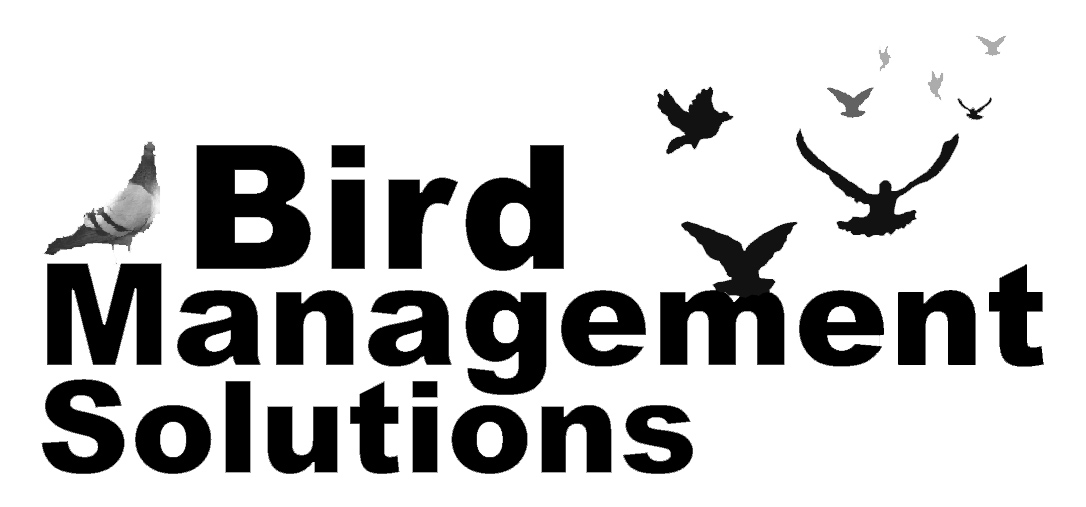Urban Pest Birds
Pest birds are increasingly becoming a problem in urban areas, where large populations of certain species can cause serious problems such as the spread of disease, structural damage to buildings, the contamination of stored products and noise pollution.
Although there are 11 species identified as pest birds in the United Kingdom, only the following three are a serious problem in urban areas.
Although there are 11 species identified as pest birds in the United Kingdom, only the following three are a serious problem in urban areas.
Feral Pigeon
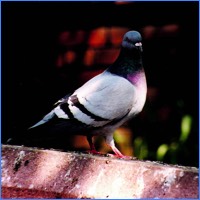
Feral Pigeons are scavengers, finding an easy source of food in town centers, where they are fed by the general public or by the scraps of food which are often found outside food premises.
Numbers of feral pigeons are increasing due to a lack of natural predators, the constant supply of food and the fact that they can breed all year round.
Gulls
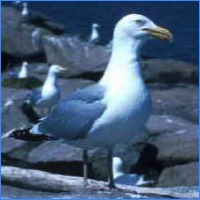
The noise, mess and smell associated with with Gulls can often become intolerable for people working in buildings where a gull colony has been established. Once a colony has been established, gulls will return year after year.
The number of gull breeding colonies on rooftops in the UK is increasing by nearly 30% a year. The two species of Gull that cause the most problems are the Herring Gull (larus argentatus) and the Lesser Black-Backed Gull (larus fuscus)
Non Pest Birds
There are a number of birds that are not defined as pests under the Wildlife and Countryside 1981 Act which can still cause the same problems associated with the build up of fouling and nesting materials. It is an offense to "kill or take [any of these birds], to take, damage or destroy their nests or to take or destroy their eggs." However, once these birds have left their nests it is possible to install physical proofing to prevent them from returning.
Starlings & Sparrows
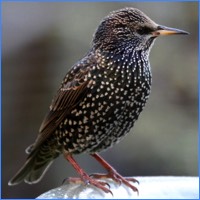
Produce stored in buildings infested with these birds can become heavily fouled - even bagged goods in these areas can become damaged. The noise associated with large numbers of these birds can also pose a serious problem. Starling droppings can also lead to the growth of several types of fungi including histoplasma and capsulatum which can lead to lethal diseases in humans.
Starlings are also becoming an increasing problem on domestic properties and are especially common on large new housing developments where they enter a property through gaps in roof tiles and then build their nests in the soffits. Once the nest has been built, it cannot be removed due to their protected status. Because of the noise that young Starlings make, often very early in the morning, this can be a very distressing problem.
The only option available to the homeowner is to wait for the young to leave the nest and then have proofing installed to prevent them from returning the next year. Bird Management Solutions have a vast experience of this and are experts at proofing houses in this manner
Housemartins
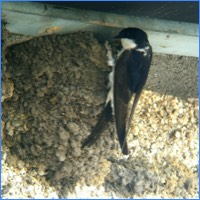
Our proofing methods for Martins are in accordance with the RSPB's guidelines.
